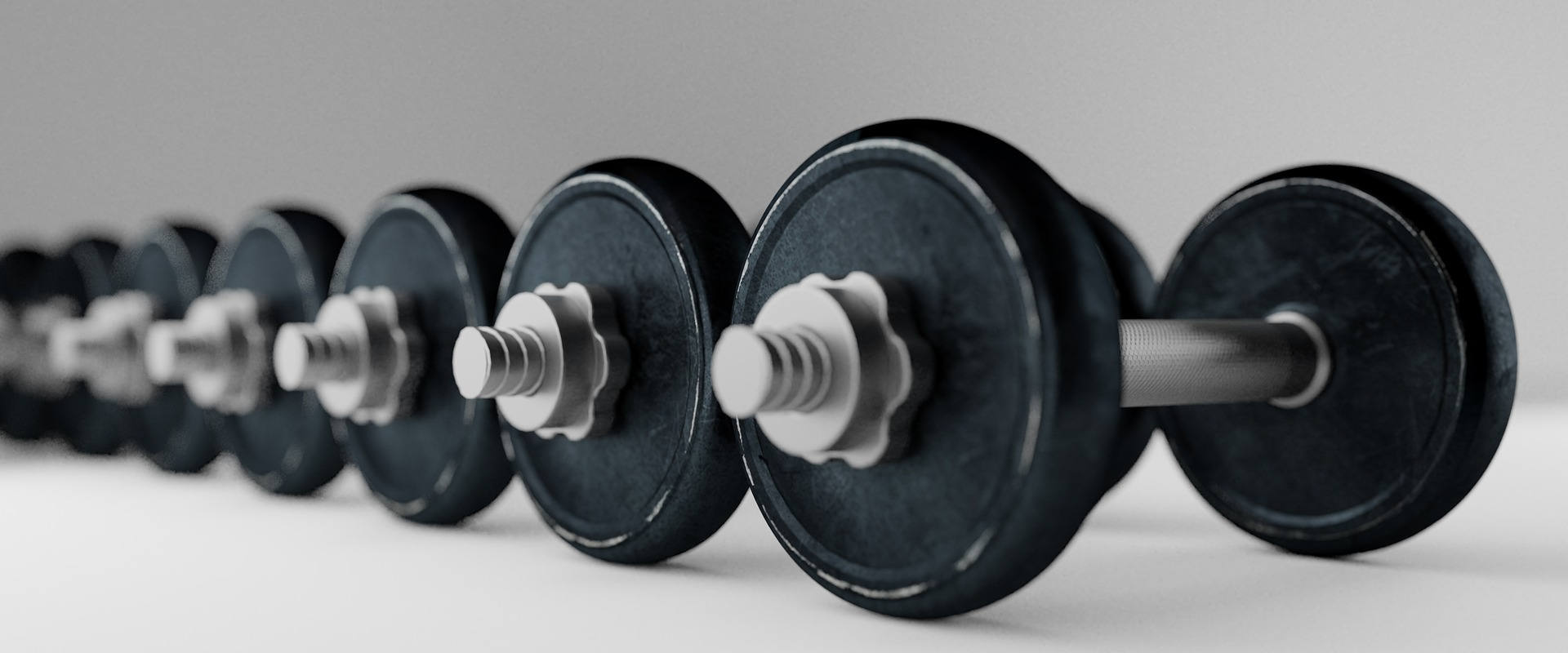When it comes to achieving our fitness goals, we often focus on the intensity and consistency of our workouts. However, there is one crucial principle that is often overlooked but can make a significant impact on our progress: the principle of recovery and rest. In this blog post, we will explore the importance of recovery and rest in training, and how embracing these principles can help us maximize our performance and achieve optimal results.
Understanding the Principle of Recovery
Recovery is the process by which our bodies repair and adapt to the physical stress placed upon them during exercise. It involves restoring depleted energy stores, repairing damaged tissues, and adapting to the new demands placed on our muscles and cardiovascular system. Without adequate recovery, our bodies become more susceptible to fatigue, injury, and overtraining.
The Benefits of Proper Recovery
- Muscle Repair and Growth: Intense exercise causes microscopic damage to muscle fibers. Recovery allows the body to repair and rebuild these fibers, leading to increased muscle strength and size. Without sufficient recovery time, the muscles may not have the chance to adapt and grow, hampering our progress.
- Enhanced Performance: Recovery is essential for optimizing performance. It allows the body to replenish energy stores, reduce muscle soreness, and restore neuromuscular function. Adequate recovery ensures that we can perform at our best during subsequent training sessions, leading to improved results over time.
- Injury Prevention: Overtraining or pushing our bodies beyond their limits without proper recovery significantly increases the risk of injury. Rest days and recovery periods provide an opportunity for our bodies to heal and strengthen, reducing the likelihood of strains, sprains, and other overuse injuries.
- Mental Restoration: Physical exercise also takes a toll on our mental well-being. Constantly pushing ourselves without adequate rest can lead to mental fatigue, decreased motivation, and burnout. Recovery periods help recharge our mental batteries, restore focus, and improve our overall psychological resilience.
Strategies for Optimal Recovery
- Rest Days: Incorporate regular rest days into your training schedule. These are days when you allow your body to recover and rejuvenate. Rest days can involve light activities such as walking, stretching, or engaging in recreational activities that don’t stress the body excessively.
- Sleep: Quality sleep is crucial for recovery. Aim for 7-9 hours of uninterrupted sleep each night. During sleep, the body releases growth hormones, repairs damaged tissues, and consolidates learning and skill development.
- Nutrition: Proper nutrition plays a vital role in recovery. Consume a balanced diet rich in high-quality protein, carbohydrates, healthy fats, and a variety of fruits and vegetables. Adequate hydration is also essential for optimal recovery.
- Active Recovery: Engage in active recovery activities such as gentle stretching, yoga, or low-impact exercises on rest days. These activities increase blood flow to the muscles, promote tissue repair, and reduce stiffness and soreness.
- Listen to Your Body: Pay attention to the signals your body sends you. If you’re feeling excessively fatigued, experiencing persistent muscle soreness, or noticing a decline in performance, it may be a sign that you need more recovery time. Adjust your training accordingly.
In our pursuit of fitness and athletic goals, we must not overlook the vital principle of recovery and rest. Incorporating adequate recovery into our training plans is essential for optimizing performance, preventing injuries, and maintaining our physical and mental well-being. By embracing proper recovery strategies such as rest days, quality sleep, and active recovery, we can unlock our training potential and achieve long-term success in our fitness journeys. Remember, it’s not just about how hard we push ourselves; it’s also about how well we recover.

